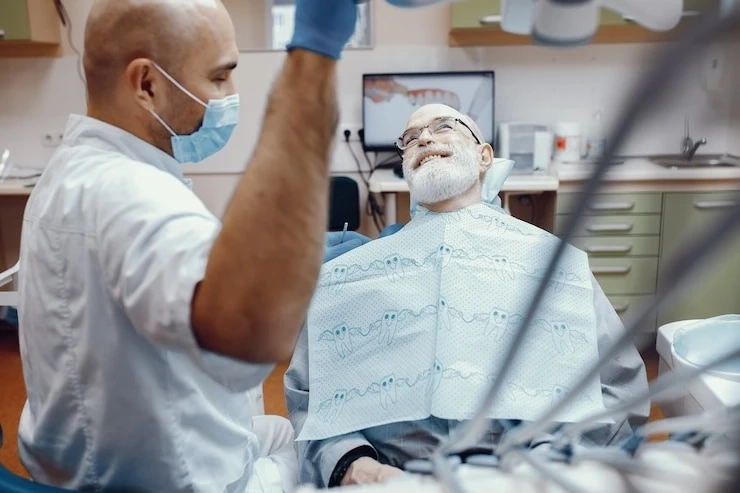Dental implants are one of the most effective and durable solutions for replacing missing teeth. They provide a natural-looking, long-lasting option that can significantly improve oral health, function, and aesthetics. However, getting dental implants in Orcutt Hills requires careful planning and preparation. Proper preparation before the procedure can make a significant difference in the treatment's overall success, helping you achieve the best possible results.
Here are essential steps to prepare for your dental implant procedure.
1. Consultation with Your Dentist
The first step in preparing for dental implants is scheduling a consultation with your dentist or oral surgeon. This consultation is crucial as it lets your dental professional assess your oral health, determine if you're a good candidate for dental implants, and discuss the procedure in detail. During this visit, your dentist will:
- Review your medical history and current health condition
- Take X-rays and potentially 3D images of your jawbone to assess its density and condition
- Evaluate the health of your gums and surrounding teeth
- Discuss any pre-existing conditions that could affect the implant procedure, such as gum disease or bone loss
- Talk about your treatment options, including the type of implants and the timeline for the procedure
2. Medical Evaluations and Necessary Tests
If your dentist believes dental implants are suitable for you, they may recommend some medical tests before the procedure. Depending on your specific needs, these may include blood tests, physical exams, or even a referral to a specialist, such as a periodontist or oral surgeon. If you have any underlying health conditions such as diabetes or cardiovascular issues, your dentist may coordinate with your primary care physician to ensure you are healthy enough for the surgery.
Sometimes, your dentist may also recommend bone grafting if your jawbone isn’t strong or dense enough to support the implant. Bone grafting may involve additional procedures, so discussing these steps with your dentist is essential.
3. Prepare for Post-Procedure Care
Understanding the recovery process is an essential part of preparing for dental implants. While the procedure typically requires minimal downtime, following all post-operative care instructions for optimal healing is important. Your dentist will provide specific guidelines on:
- Pain management, including medications you may need to take after the procedure
- What to eat and drink following the surgery (you may need to stick to soft foods for a period of time)
- How to manage any swelling or discomfort
- Oral hygiene recommendations to ensure the implant site remains clean and infection-free
It’s a good idea to arrange for someone to drive you home after the procedure, as the sedation used during the implant process may make you feel drowsy.
4. Avoid Smoking and Alcohol Consumption
For a successful dental implant procedure, it’s crucial to avoid smoking and alcohol consumption leading up to the surgery. Both smoking and alcohol can interfere with the healing process by reducing blood flow and slowing down tissue regeneration. Your dentist will advise you to quit smoking at least a few days before the procedure to ensure a smoother recovery.
5. Arrange for Time Off and Support
While dental implants are generally a straightforward procedure, you may experience some discomfort during the recovery process. It’s important to plan for time off from work or other activities and arrange for help with daily tasks if necessary. A support system will help you stay relaxed and focus on your healing.
6. Financial Preparation
Dental implants can be an investment, and it’s essential to understand the financial aspect of the procedure. Before your appointment, confirm the cost of the treatment with your dentist in Orcutt Hills and inquire about payment plans, insurance coverage, or financing options that may be available to you. This will ensure you are financially prepared for the treatment and the associated costs.
Conclusion
Preparing for dental implants is a multi-step process that involves careful planning, medical evaluations, and adjustments to your daily habits. By following this pre-procedure checklist, you can feel confident that you’re setting yourself up for a successful implant process and long-term oral health. Your dentist will be there every step, guiding you through the procedure and ensuring you understand the best ways to care for your implants post-surgery.
If you're considering dental implants, take the first step today by consulting with a qualified dentist who can help you navigate the process and achieve the beautiful, functional smile you deserve.


